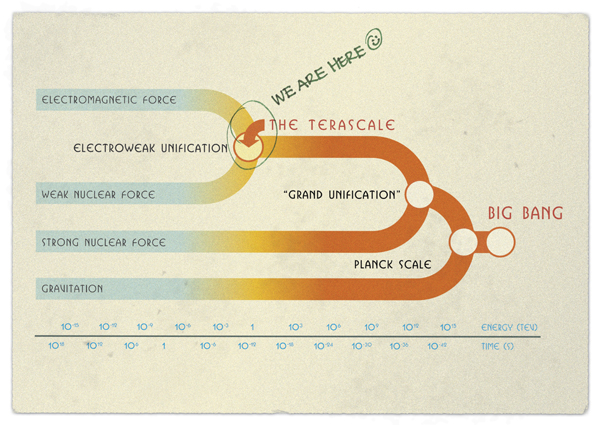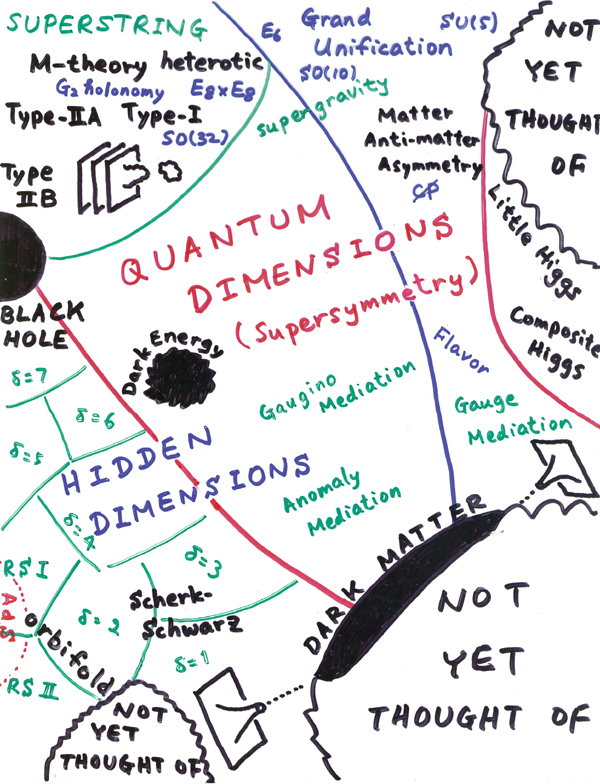SYLLABUS
Course Description

Physics 662
continues the survey of the phenomena of the elementary particles of matter and their interactions begun in Physics 661. During this term we will study:
- Weak Interactions: Quarks and Leptons
- Weak Interations: Electroweak Interactions
- Physics Beyond the Standard Model
- Discrete Symmetries: C, P, CP and CPT
- Experimental Methods
These topics include many of the fundamental issues of modern particle physics. Throughout the course, the interplay between theory and experiment will be emphasized.
Course Administration
Instructor:
Prof. Jim Brau
541-346-4766
414B Willamette
(enter through 414 Willamette)
jimbrau at uoregon.edu
Class Hours: Monday 1:00-2:50 pm
and Thursday, 9:30-11:15 am
Classroom: Willamette 412
Office Hours: MW 10-11 am
Physics 662 web page: http://physics.uoregon.edu/~jimbrau/ph662-2014
Reading and Study Material
Grading Policy
Grades will be based on homework problem sets, a mid-term exam and
a final exam.
Prerequisites
This course is the second quarter of a two quarter sequence
covering the phenomenology of elementary particle physics.
A third quarter of selected advanced topics is possible.
The course is
intended for students
with an interest in the underlying theoretical basis of
particle physics theory and experiment. Students should have
mastered undergraduate courses on
- Modern physics
- Basic quantum mechanics
- Relativistic mechanics.
as well as the material covered in the first quarter of this sequence,
Physics 661.




